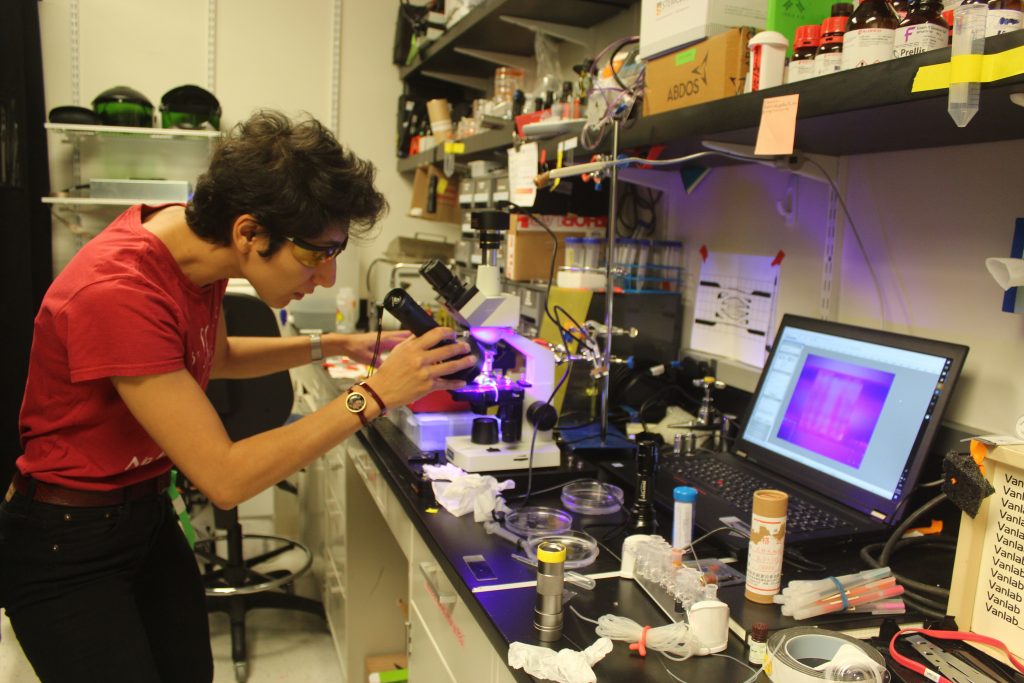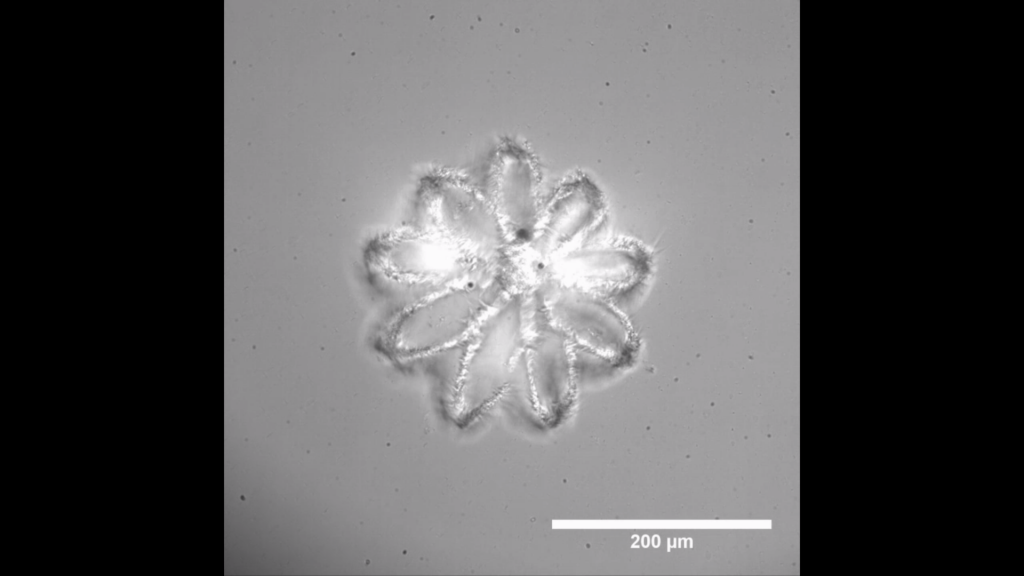San Francisco biotechnology company Prellis Biologics has successfully raised $8.7 million to advance its holographic 3D bioprinting platform. A Series A investment led by specialist technology capital firm Khosla Ventures, the round was joined by seed contributors True Ventures and Indie Bio.
The successful fundraising follows a number of developments at the company including, most recently, pre-clinical experimentation of 3D bioprinted cells within a living animal model. Setting ambitious sights on the creation of full, transplantable organ models Dr. Alex Morgan, Principal at Khosla Ventures, says, “Prellis’ optical technology provides the scaffolding necessary to engineer these larger masses of tissues.”
“With our investment in Prellis we’re supporting an initiative that will ultimately produce a functioning lobe of the lung, or even a kidney, to be used in addressing an enormous unmet global need.”
The journey to viable, artificial vascular tissues
Prellis Biologics was founded in 2016 and is the developer of a laser-based bioprinting method known as holographic 3D printing. This method is capable of producing feature sizes smaller than 0.5 microns. High speeds are also targeted to prevent the deterioration of live cells within the material matrix. At a base level, the technology can cure a liquid to a solid within 5 milliseconds of light exposure.
Prellis’ current aims are to develop holographic 3D printing to a stage where it can quickly and precisely fabricate vascular tissue for organs. In one of the company’s most recent announcements Dr. Melanie Matheu, company co-founder and CEO, explained that the “ultimate goal” is to 3D print “the entire vascular system of a kidney in 12 hours or less.”

In a rudimentary step towards this ambitious aim, the company has so far launched its Vascular Tissue Blanks product. Vascular Tissue Blanks are essentially scaffolds used to culture live cells. Recently, vascular tissues made from these scaffolds were transplanted for the first time in a live animal model at Stanford University. Only 200,00 cells, compared to 2 million and more for typical tumor studies, showed capable of achieving full tumor engraftment and vascularization. “A breakthrough like this opens the door to studying rare human tumors and complex human tumor immune system reactions,” explains Dr. Matheu. “It has the potential to significantly reduce overall animal use and speed up drug discovery efforts.”
Khosla’s 3D printing portfolio
The capital investment fund of Indian American billionaire businessman Vinod Khosla, Khosla Ventures is interested in early stage companies in high tech sectors. As such, the company has contributed to the funding of several other 3D printing related companies. In late 2018, the company invested in the $140 million Series E financing round for U.S. private aerospace manufacturer Rocket Lab. Prior to that, 3D printed composite specialist AREVO benefited from its backing in a $12.5 million financing round with two other parties. The fund has also invested in metal 3D printer developer Digital Alloys in the past.
“Khosla Ventures is the perfect investor to support our merging of deep tech and cutting-edge regenerative medicine,” comments Dr. Matheu.
“With this technology in hand, we can begin to ask questions about real 3D cell biology that have never been asked before.”

For all of the latest additive manufacturing business news subscribe to our newsletter, follow us on Twitter, and like us on Facebook. Find talent for a project, or advance your career in 3D printing – join 3D Printing Jobs to apply and advertise.
Featured image shows a microscopic structure for encapsulating cells made via Prellis holographic 3D bioprinting. Image via Prellis Biologics



